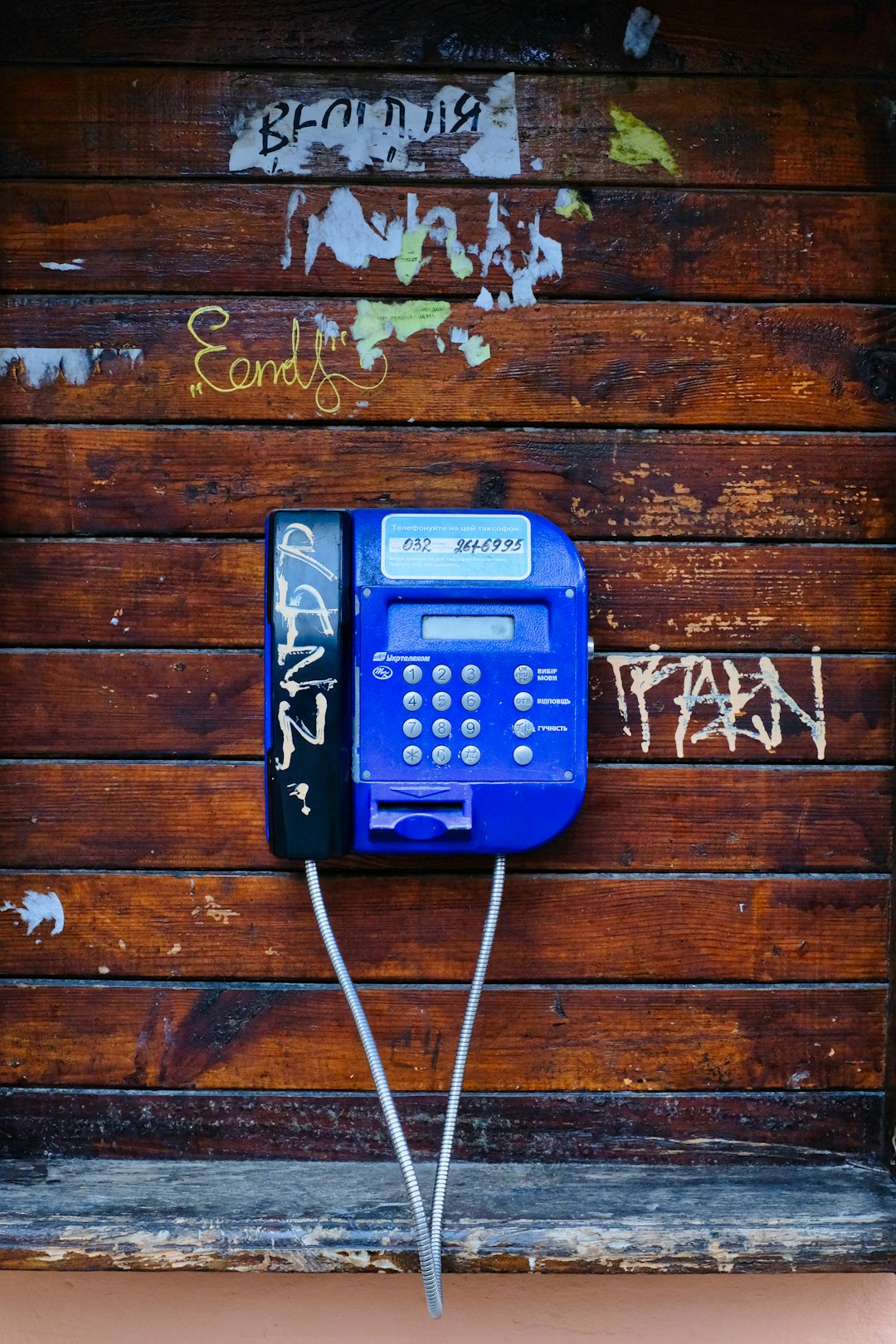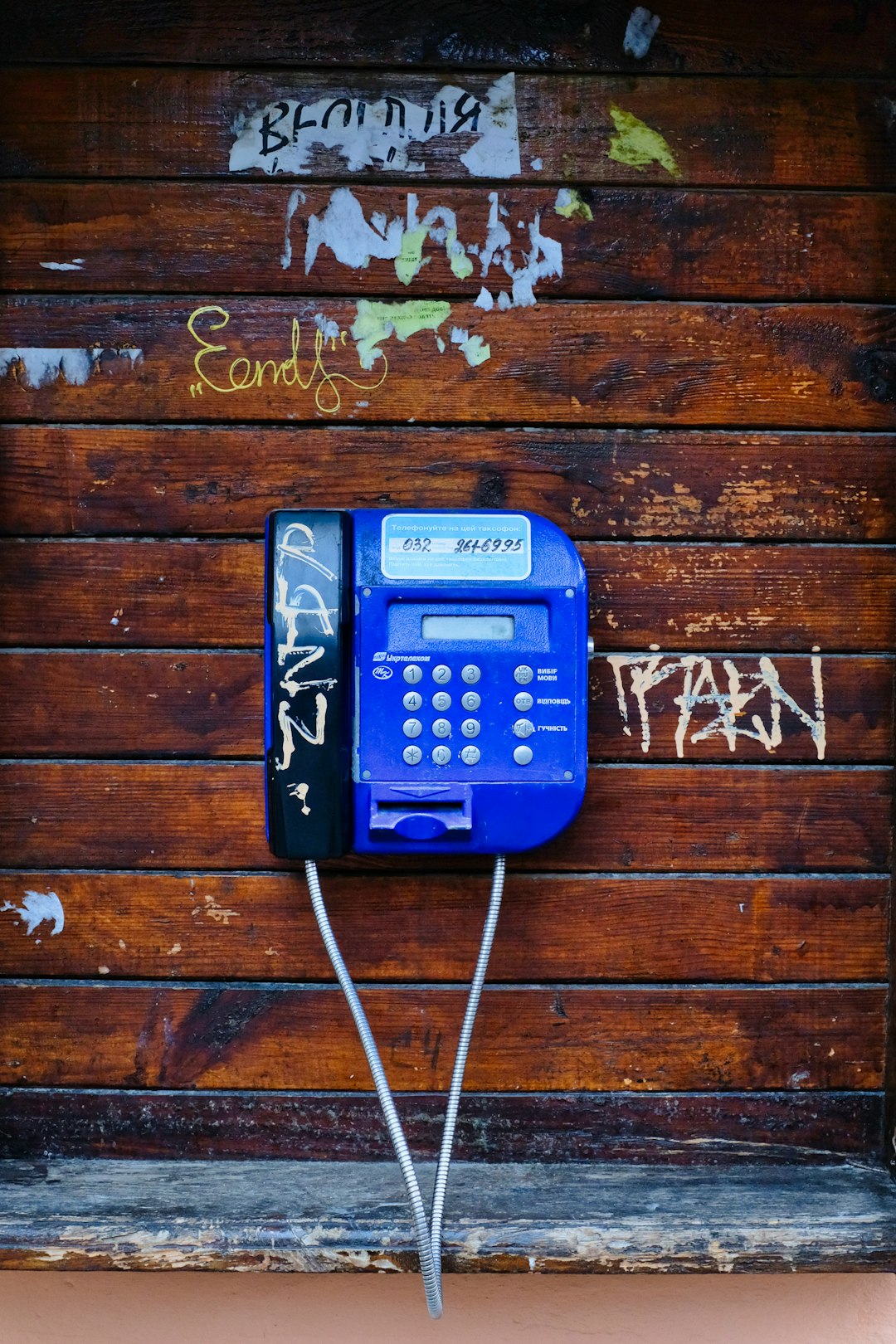In Connecticut, where privacy laws and business interests collide, autodialer attorneys act as navigators for companies using automated dialing systems. These specialists ensure businesses comply with telemarketing regulations, including consent requirements and opt-out options, to avoid penalties, protect reputations, and enhance customer satisfaction while leveraging autodialer technology legally. Companies should consult these experts for guidance on consent forms, list management, and privacy protocols, along with regular audits and employee training, to stay compliant. Using autodialer attorneys in Connecticut improves law firm efficiency through automated client outreach, enhancing accessibility and client satisfaction in a competitive legal market.
In the dynamic landscape of telecommunications, understanding and adhering to compliance regulations is paramount, especially with the advent of autodialers. This article navigates the complexities of autodialer compliance, focusing on Connecticut’s unique legal framework. We explore the state’s regulations, unravel common challenges, and emphasize the pivotal role of autodialer attorneys in fostering ethical practices. For businesses operating in Connecticut, harnessing the expertise of these legal professionals is essential to steer clear of regulatory pitfalls.
Understanding the Legal Framework: Exploring Connecticut's Regulations on Autodialers

In Connecticut, the legal framework surrounding autodialers is designed to protect consumers from unsolicited phone calls and ensure fair marketing practices. The state has implemented regulations that strictly govern the use of automated dialing systems, often referred to as autodialers. These rules are in place to maintain a balance between businesses’ marketing efforts and individuals’ right to privacy. Connecticut’s laws are particularly stringent when it comes to telemarketing and auto-dialed calls, making it crucial for businesses operating within the state to understand and adhere to these guidelines.
Autodialer attorneys in Connecticut play a vital role in guiding companies through this complex legal landscape. They help businesses navigate the do’s and don’ts of using autodialers, ensuring compliance with state regulations. This includes obtaining proper consent, providing opt-out options, and adhering to specific time restrictions on calls. By consulting with these specialized attorneys, companies can avoid costly penalties, protect their reputation, and effectively utilize autodialer technology while maintaining customer satisfaction and legal integrity.
Common Compliance Challenges and How to Overcome Them

Navigating the complexities of autodialer compliance can be a daunting task for businesses, especially with the ever-evolving regulations in place to protect consumers. Common challenges include ensuring proper consent for automated calls, adhering to do-not-call lists, and respecting individual privacy rights. Connecticut, known for its strict consumer protection laws, requires businesses to have robust procedures in place to mitigate these risks.
To overcome these hurdles, companies should seek guidance from autodialer attorneys in Connecticut who specialize in telemarketing and consumer protection laws. Legal experts can help draft comprehensive consent forms, manage do-not-call list compliance, and develop privacy protocols tailored to each business’s unique needs. Regular audits and training sessions for employees on the latest regulations are also essential steps to stay compliant and avoid legal pitfalls associated with autodialer usage.
The Role of Attorneys in Ensuring Ethical Autodialer Practices in Connecticut







